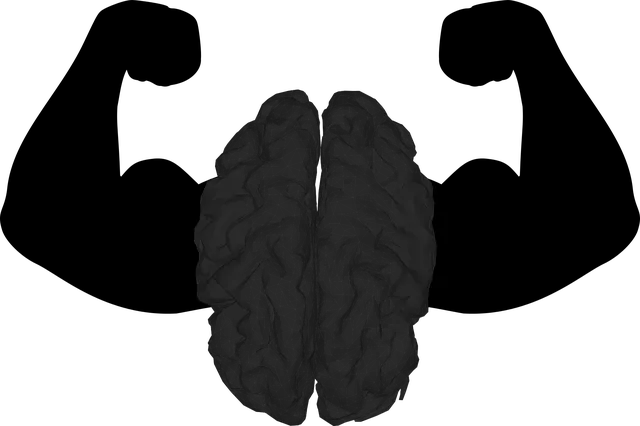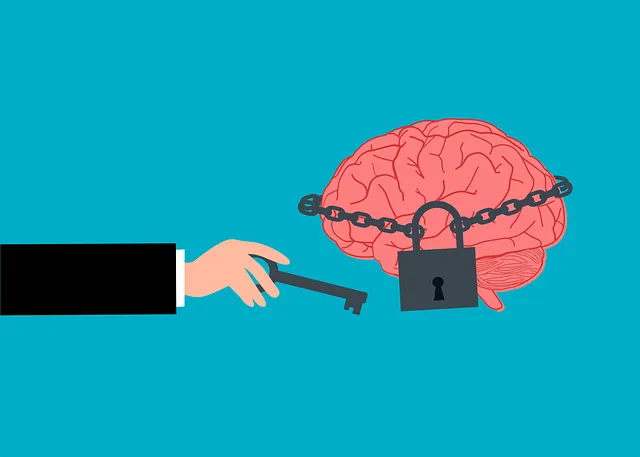Crisis Intervention Teams (CITs) at Highlands Ranch Kaiser Permanente play a vital role in providing swift and effective support during severe emotional crises, such as suicidal ideation or psychotic episodes. Trained professionals use a combination of self-care practices, self-awareness exercises, and conflict resolution techniques to de-escalate situations, guide patients towards recovery, and promote long-term mental health stability. This holistic approach reduces hospital readmissions and fosters healing environments. Highlands Ranch Kaiser Permanente's innovative CIT training programs focus on risk management, specialized support systems, and strategic skill development, enhancing patient care and employee well-being while setting a standard for excellence in their comprehensive mental health coverage.
Crisis intervention teams (CITs) play a pivotal role in managing mental health crises, offering immediate support and preventing escalation. This article explores the essential training programs that empower these teams, drawing insights from successful initiatives like Highlands Ranch Kaiser Permanente’s comprehensive mental health coverage model. We’ll delve into key components, benefits, and implementation strategies, highlighting why specialized CIT training is crucial for effective crisis response in healthcare settings.
- Understanding Crisis Intervention Teams: Their Role and Impact
- Highlands Ranch Kaiser Permanente: A Model for Mental Health Coverage
- Training Programs: Essential Components for Effective Crisis Response
- Benefits of Specialized Crisis Intervention Team Training
- Implementing and Evaluating Crisis Intervention Team Success
Understanding Crisis Intervention Teams: Their Role and Impact

Crisis Intervention Teams (CITs) are vital resources within healthcare systems, particularly in areas like Highlands Ranch where Kaiser Permanente offers comprehensive mental health coverage. These teams consist of trained professionals who respond to individuals experiencing severe emotional crises, such as suicidal ideation or psychotic episodes. The primary role of CITs is to provide immediate, skilled support to help de-escalate the crisis and guide individuals towards recovery.
By integrating Self-Care Practices and Self-Awareness Exercises into their protocols, CIT members not only enhance their own resilience but also equip those in crisis with coping strategies. Additionally, they employ Conflict Resolution Techniques to facilitate communication and understanding between the individual in distress and the support team, fostering an environment conducive to healing. The impact of CITs extends beyond immediate interventions; they strive to reduce hospital readmissions and promote long-term mental health stability for individuals facing acute psychiatric emergencies.
Highlands Ranch Kaiser Permanente: A Model for Mental Health Coverage

Highlands Ranch Kaiser Permanente stands as a remarkable model for comprehensive mental health coverage within the healthcare industry. This medical facility has prioritized mental wellness, recognizing it as an integral part of overall health. Their innovative approach to crisis intervention team training programs has significantly contributed to improving patient care and employee well-being.
The program focuses on preventing burnout among mental health professionals through effective risk management planning. By integrating specialized training and support systems, Highlands Ranch Kaiser Permanente ensures their staff are equipped to handle crises while maintaining their own mental wellness. This holistic strategy not only enhances the quality of care but also fosters a sustainable work environment, demonstrating a commitment to both patient recovery and professional growth.
Training Programs: Essential Components for Effective Crisis Response

Crisis intervention team training programs are essential components for effective crisis response, especially in communities like Highlands Ranch where access to mental health coverage through Kaiser Permanente can be a game-changer. These programs equip individuals with the necessary skills to support those facing emotional distress or severe mental health challenges. The curriculum typically includes a mix of theoretical knowledge and practical exercises designed to enhance social skills training, emotional regulation, and anxiety relief strategies.
Participants learn how to recognize warning signs, de-escalate tense situations, and provide immediate assistance. By focusing on these key areas, the programs ensure that team members can effectively navigate complex scenarios, offer compassionate care, and potentially prevent more severe outcomes. This targeted approach not only benefits those in need but also fosters a supportive environment where everyone feels equipped to handle crises with confidence and empathy.
Benefits of Specialized Crisis Intervention Team Training

Specialized Crisis Intervention Team (CIT) training offers a multitude of benefits, especially within the context of Highlands Ranch Kaiser Permanente’s mental health coverage. These programs are designed to equip healthcare professionals with advanced skills for managing and resolving crises effectively. By prioritizing CIT training, mental health providers can enhance patient outcomes and ensure better care delivery. The training focuses on developing crucial social skills and cultural sensitivity in mental healthcare practice, enabling professionals to connect more profoundly with individuals in distress.
Moreover, it incorporates comprehensive risk management planning for mental health professionals, empowering them to anticipate and mitigate potential risks. This proactive approach not only safeguards patients but also fosters a supportive environment where professionals can confidently navigate complex situations. With tailored training, Highlands Ranch Kaiser Permanente’s CIT team members gain the expertise needed to handle diverse crisis scenarios, ultimately improving the overall quality of mental healthcare services within their community.
Implementing and Evaluating Crisis Intervention Team Success

Implementing crisis intervention team (CIT) programs within healthcare settings like Highlands Ranch Kaiser Permanente is a strategic move to enhance patient care and well-being. Success in CIT initiatives relies on rigorous evaluation methods that measure both qualitative and quantitative outcomes. By assessing the impact on patients’ emotional intelligence, anxiety relief, and depression prevention, healthcare providers can gauge the program’s effectiveness.
Regular monitoring of these key performance indicators (KPIs) allows for continuous improvement. For instance, increased patient satisfaction ratings, reduced readmission rates, and improved clinical outcomes over time can serve as compelling evidence of CIT success. This data-driven approach ensures that the Highlands Ranch Kaiser Permanente mental health coverage is optimized, fostering a healthier and more supportive environment for both patients and staff.
Crisis intervention team (CIT) training programs are essential tools for organizations aiming to improve mental health support and crisis response. As highlighted by the successful implementation at Highlands Ranch Kaiser Permanente, specialized CIT training can significantly enhance the effectiveness of these teams in managing and preventing crises. By equipping staff with the necessary skills and knowledge, these programs foster a culture of care and resilience within institutions. The benefits extend beyond improved individual responses; they contribute to better organizational outcomes and enhanced mental health coverage, similar to what Highlands Ranch Kaiser Permanente has achieved. Implementing and evaluating CIT training should be an ongoing process, ensuring that teams remain prepared to navigate the complexities of crisis intervention.






